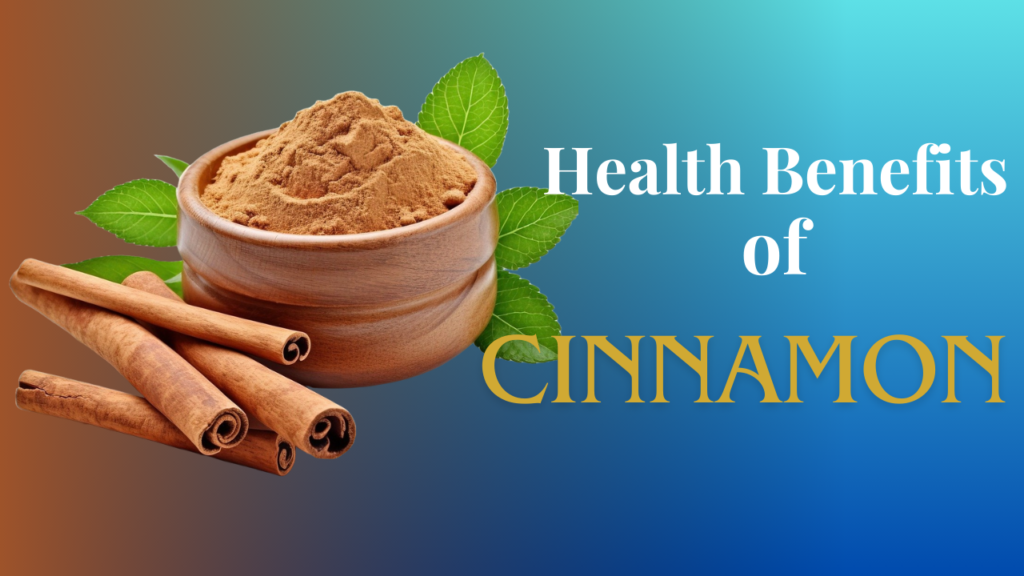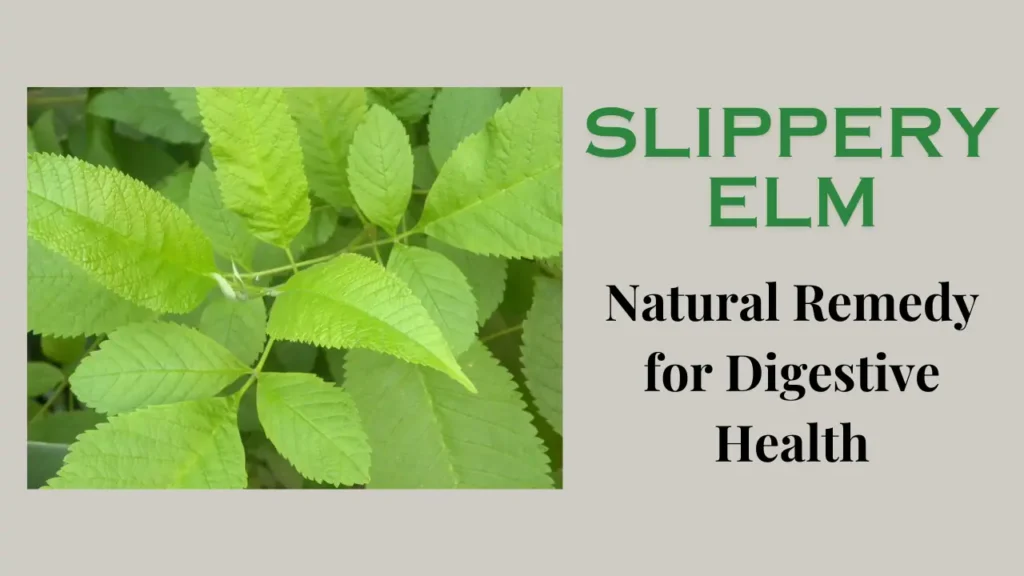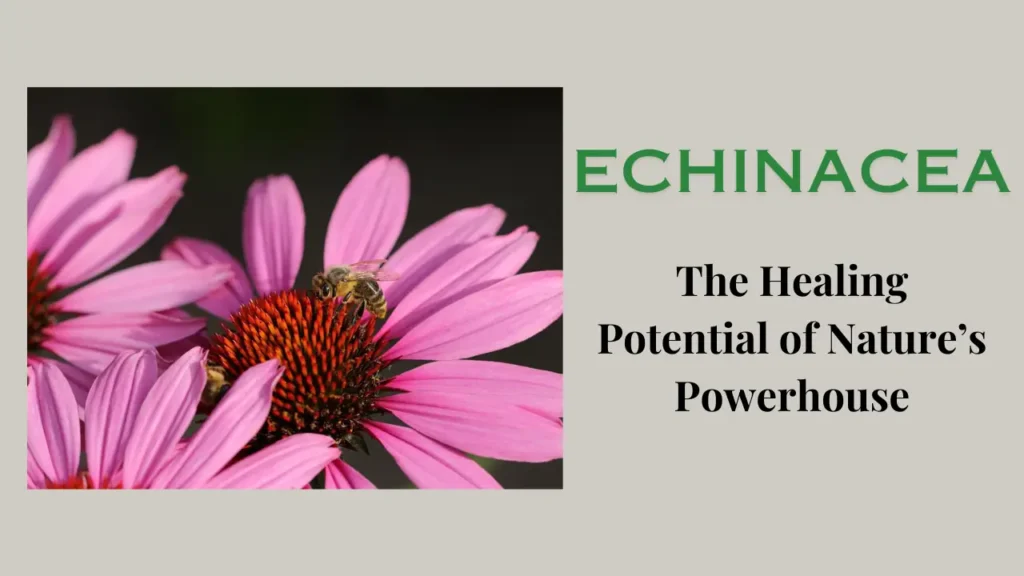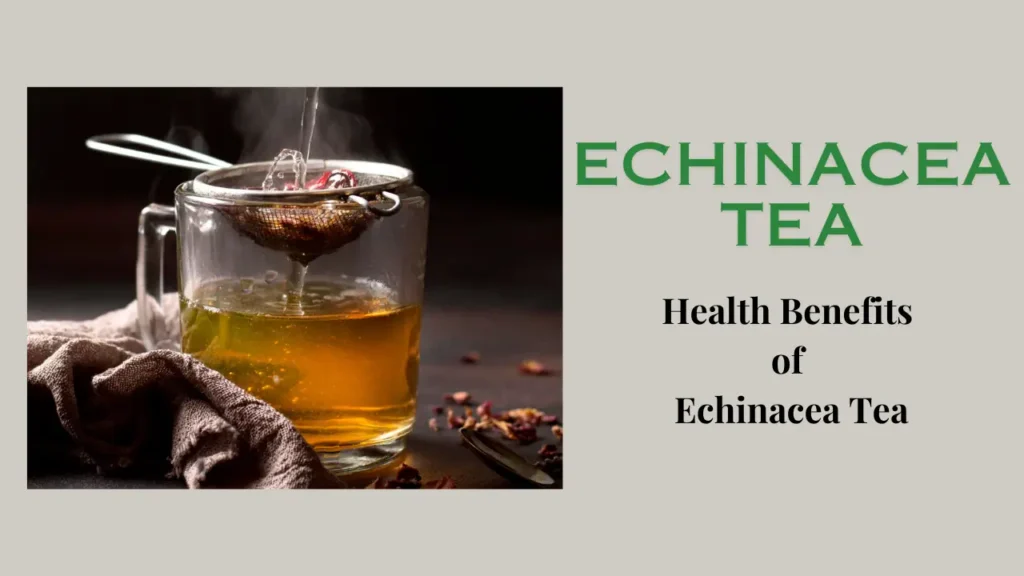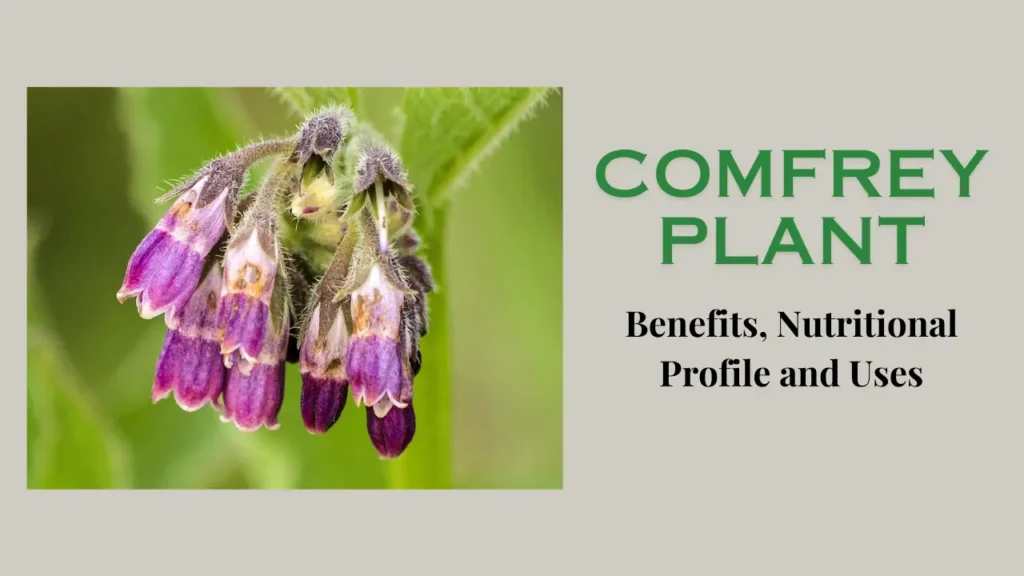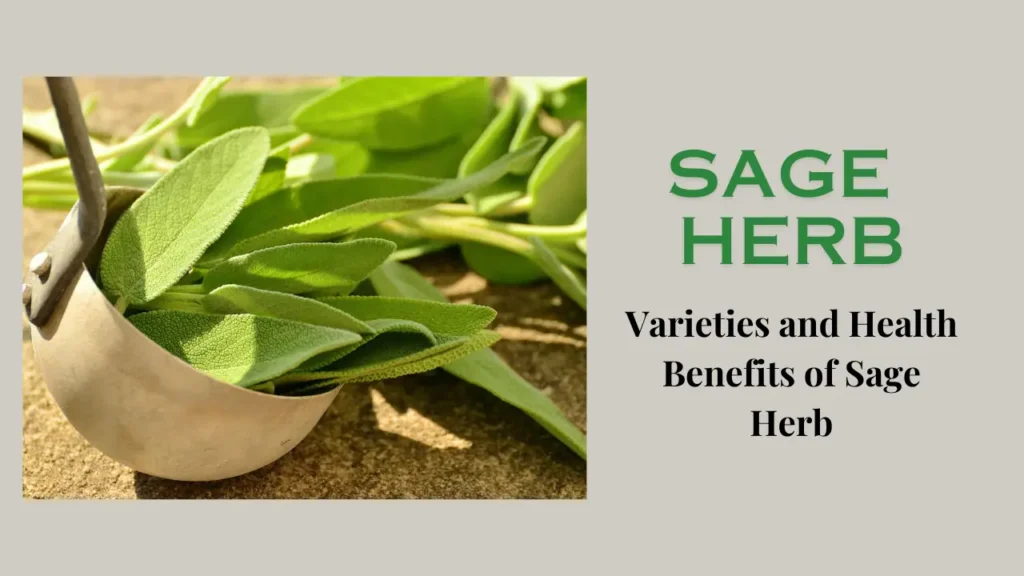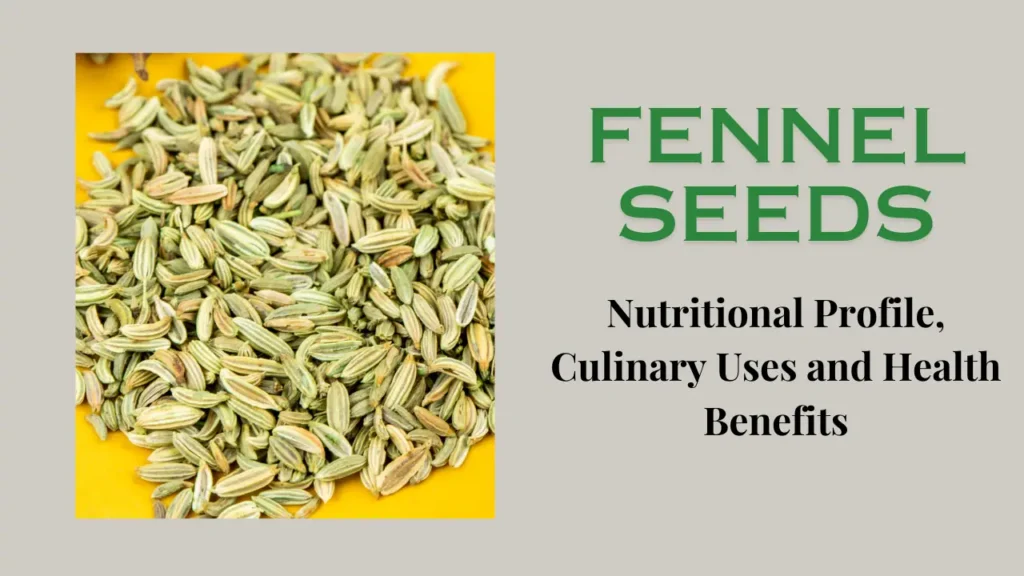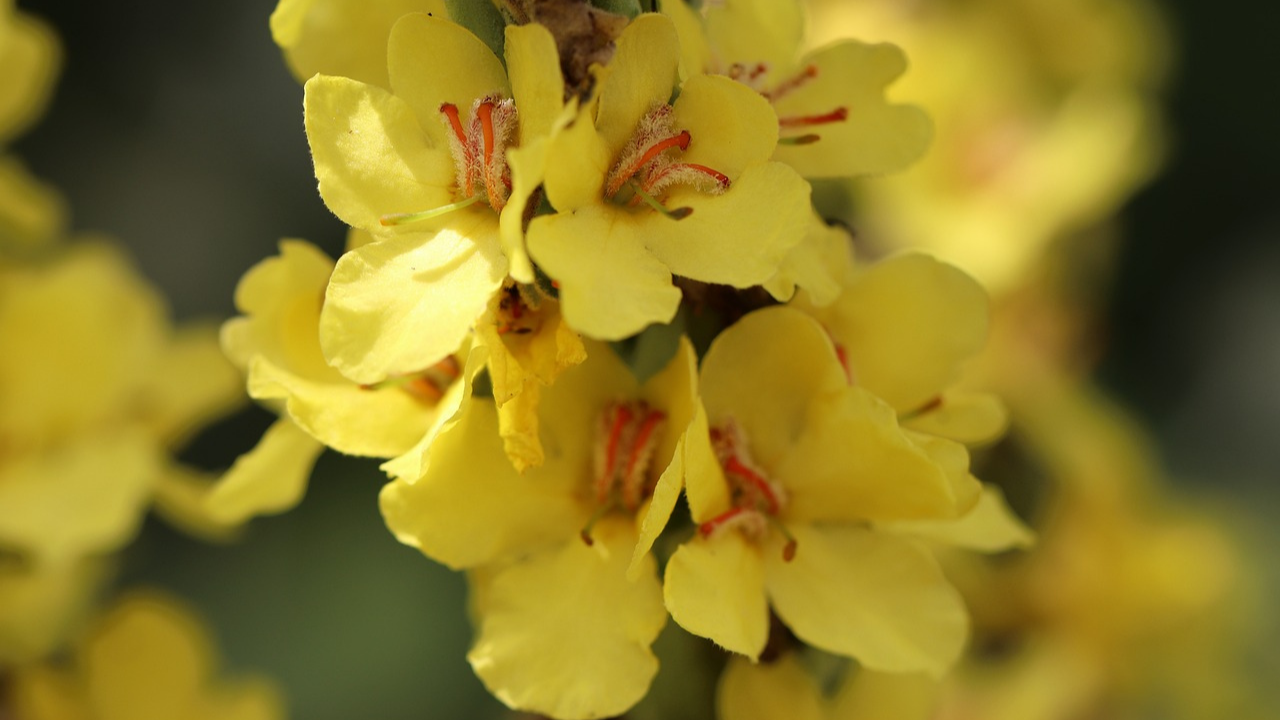
History of Mullein
This medicine has a rich history of use. It has been used for its medicinal properties. Americans, Greeks, and Romans have been using it for centuries for its healing abilities. Mullein was traditionally used to treat respiratory ailments, ear aches, and skin problems.
Medicinal Properties of Mullein
- Aids in Respiratory support: Mullein is renowned for its ability to alleviate coughs, congestion, and bronchitis symptoms due to its expectorant properties.
- It has Anti-inflammatory effects: The herb contains anti-inflammatory compounds, making it beneficial for soothing respiratory and gastrointestinal conditions.
- Helps in relieving pain: This herb is often used topically to alleviate joint and muscle pain, providing a natural alternative to conventional pain relievers.
- It has Soothing properties: Due to its mucilage content, mullein can help soothe irritated skin, making it useful for treating burns, wounds, and insect bites.
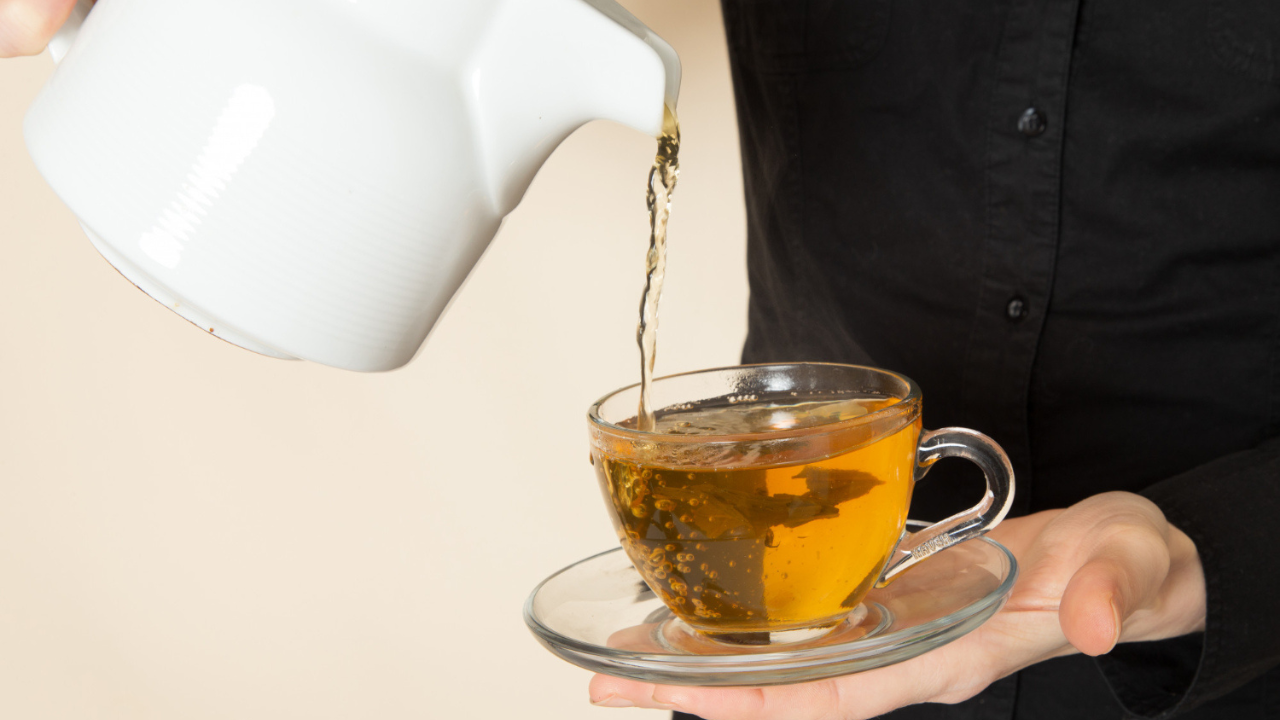
How to use Mullein Herb
- As Herbal teas and infusions: Its leaves and flowers can prepare soothing herbal teas that promote respiratory health and relaxation.
- Make Herbal tinctures and oils: Extract can be used to create tinctures and oils that are applied topically to address various ailments, including earaches and skin conditions.
- In the form of Respiratory supplements: Supplements are available in capsule or liquid form, offering a convenient way to support respiratory health.
- In Herbal smoking blends: It is sometimes included in herbal smoking blends for its purported lung-cleansing and respiratory benefits.
Read Also: Sage Herb
Take Some precautions before using this herb
- May show Allergic reactions: Although rare, some individuals may experience allergic reactions. It is advisable to perform a patch test before using it topically or consuming it.
- It may Interact with some medications: This may interact with certain medications, so it is crucial to consult a healthcare professional if you are taking any prescription drugs.
- Harvesting and sourcing: If you plan to harvest or purchase this herb, ensure that you do so from reputable sources to ensure quality and sustainability.
Conclusion
With its long-standing history in herbal medicine, It offers a wide array of benefits for various health concerns. From respiratory support to pain relief and skincare remedies, this versatile herb has proven its effectiveness over time. Whether you choose to incorporate this into your wellness routine through herbal teas, tinctures, or supplements, it is essential to consider any precautions and consult with a healthcare professional, especially if you have underlying medical conditions or are taking medications.
Frequently Asked Questions
Mullein leaf is generally safe for all people, but some groups should avoid it or use it with caution. Some of these are as follows-
- Pregnant and breastfeeding women: Information is limited for these groups, so the best approach is to err on the side of caution and avoid consuming them.
- People with allergies: Individuals who are allergic to plants of the Scrophulariaceae family should avoid its consumption.
- People taking certain medications: It may interact with certain medications, including warfarin and digoxin. It is important to consult a doctor before using mullein if you take any medications.
- People with existing medical conditions: If you have any health problems, talk to a doctor before using it, especially if you have heart or kidney disease.
There is no conclusive evidence, but some studies suggest that It may benefit smokers by reducing lung inflammation and irritation. However, it is not a substitute for quitting smoking.
This has been traditionally used to ease many hair problems. This includes promoting hair growth, reducing dandruff, and enhancing shine. There is limited scientific evidence to support its effectiveness, but some users report positive results.
Mullein leaves are best harvested in summer before the flowers bloom. Wear gloves and long sleeves before doing this as the leaves can be irritating. First of all for harvesting:
- Cut off the leaves from the bottom of the plant and leave the top leaves to grow. After this, wash the leaves thoroughly and dry them in a cool, dark place. Keep the dried leaves in an airtight container.
This herb can be used in different ways:
- Tea: Soak 1-2 teaspoons of dry leaves in hot water for 10-15 minutes. Filter and drink.
- Tincture: Mix dried leaves with alcohol in a jar and let it sit for several weeks. After this filter it and use it.
- Oil infusion: Infuse dried leaves with olive oil for several weeks. You can use it for tension and topical applications.
Mullein is safe for most people when used properly. However, it may cause side effects in some individuals, including symptoms such as nausea, vomiting, diarrhea, and skin irritation. If you have any concerns, consult a professional before using it.
Both leaves and flowers provide health benefits. The leaves are generally considered more potent for respiratory problems like coughs and congestion, while the flowers may be more beneficial for skin conditions and inflammation. Ultimately, the best form depends on your personal needs and preferences.

